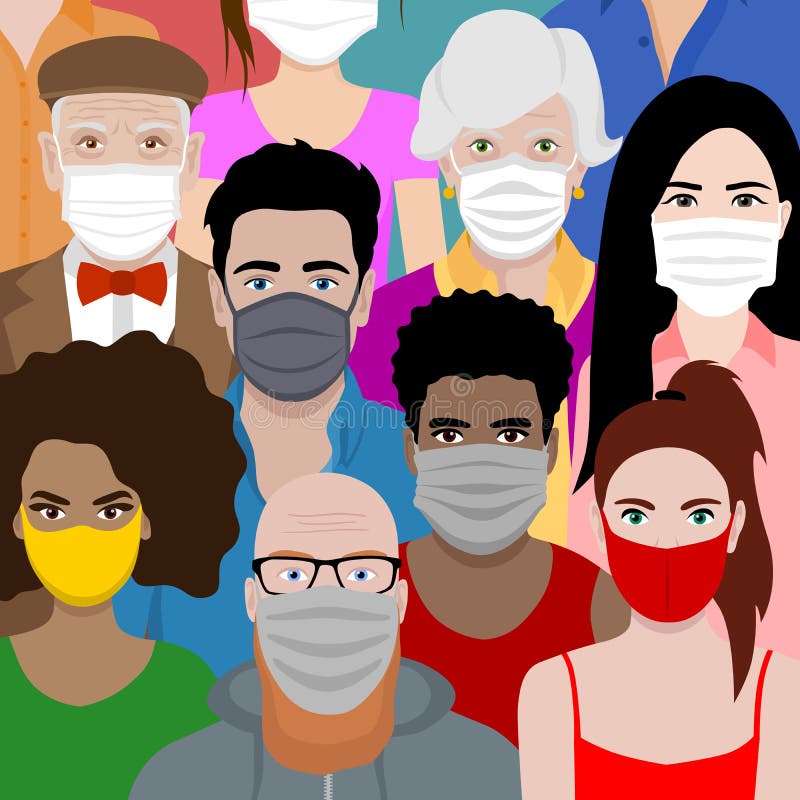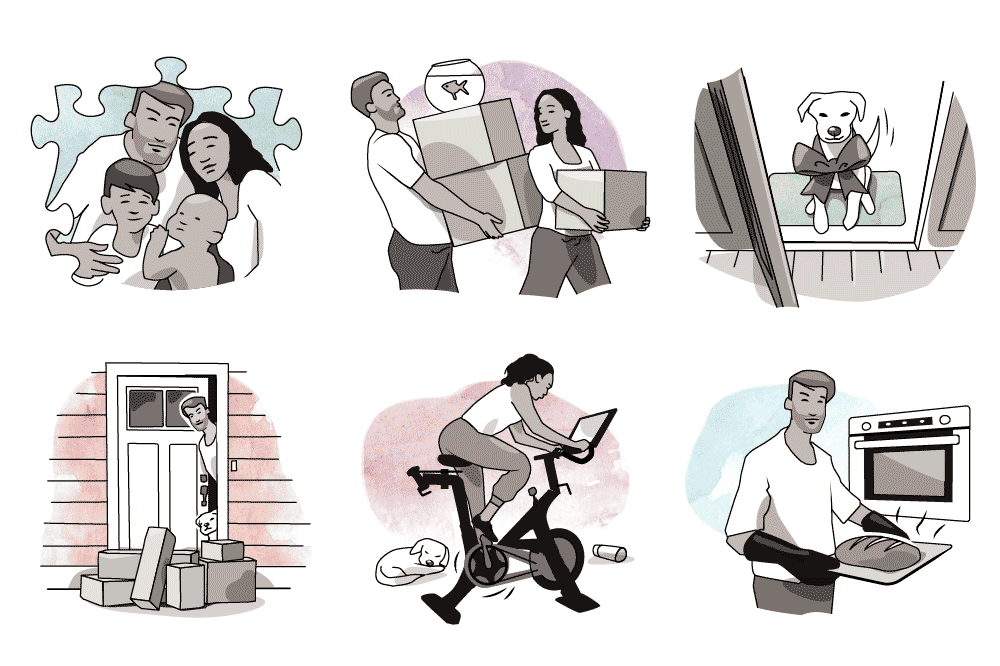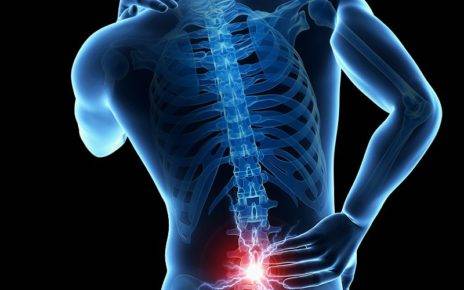Covid-19 has impacted the lives of people and damaged the lives beyond repair.
Just a year ago the virus that emerged from the labs of Wuhan turned the world upside down, spreading across the globe within months and shutting down countries, pulling down the economy of the world.
Creating a hostile situation everywhere, more than 150 million have been infected so far with 100 million recovery and 0.5 million deaths.
Life after the pandemic is going to be different, we have to embrace the mask, social distancing, take medical insurance and have to be more precautious.
This is the “New Normal” and the normal life we had pre-covid is just a dream now.
The pandemic has changed everything the way we eat, live, speak, learn, work has all become virtual the feel of personal touch is a far-gone concept now.
Related News: Preventing the spread of coronavirus
People have lost their loved ones, their jobs, many households’ finance deteriorated leaving them restless.
Many surveys were conducted around the world to see how people’s perspective towards life has changed, how health insurance has become very important, and how taking care of mental health has become vital.
Here’s what the studies have found

Pandemic-Triggered Hesitation
The breakout of the pandemic was stressful alone, especially for low-income people. Most people fled the inhabited places and went back to their small towns and many people who went who were employed or went to study abroad returned to the country.
This triggered a lot of hesitation among people whether it is to go out for work or to seek a job or visit the hospital.
The hesitation and panic in the mind of the people led to severe situations, people were hesitant to visit the doctor when they had any symptoms of the disease they would often hesitate and isolate themselves and only reach out to the hospital when the condition is severe which would be too late by then.
Doctors are requesting people to take precautional measures and if they even have a slight symptom of anything they are advised to take medical help without hesitation.
Mental Health Issues
As people went into isolation an unexpected wave of mental health issues rose. The studies showed a majority of people from the age of 18 to 34 experienced severe depression, anxiety, addiction, and bipolar disorder.
Many of these people dint have any signs of mental health issues before the covid-19 pandemic.
Stress, anxiety, depression, and loneliness were the major problems people were facing and many of the teenagers had a high rate of suicidal thoughts who did not get any help.
Others were overwhelmed by the current situation and were anxious about their future.

Staying Safe And Healthy During The Pandemic
For most people the covid-19 pandemic has opened their eyes, they considered it was a sign for them to leave their toxic habits behind and to kick start a healthy lifestyle.
36% of the people have admitted to having changed their eating, sleeping, and their daily habits they have shifted to a healthier diet and invested time in exercise, meditation to keep themselves fit and healthy.
People have started to embrace workouts even with closed gyms they were motivated in self-care to improve their physical wellbeing by modifying their sleeping pattern, discarding junk food and adopting to green diet, staying away from technology, etc.

Health Awareness
Pandemic has helped people to understand the importance of health, people who neglected their health and took diseases and flue for granted have become serious about taking care of their health.
70% of the respondents said that the pandemic has made them pay more attention to their health and conditions.
Again, mental health tops the list followed by cardiovascular disease, chronic diseases, weight management, and physical fitness.
The covid-19 pandemic has pushed people to give serious attention to their health.
Family
Well, family is everything, this pandemic has bought families together, quarantining together has created a bond in the household.
Most families are trying to help their children’s virtual schooling, while others are bonding and long-lost connections are brewing.
The covid-19 pandemic has brought families together-in spending more time and understanding each other. People have learned to value their relationships and how important it is to have a happy, healthy, and safe family.
But a minority part of the survey also had respondents that expressed concerns about being stuck with abusive parents or family members.






One thought on “How Covid-19 Has Changed Our Lives”